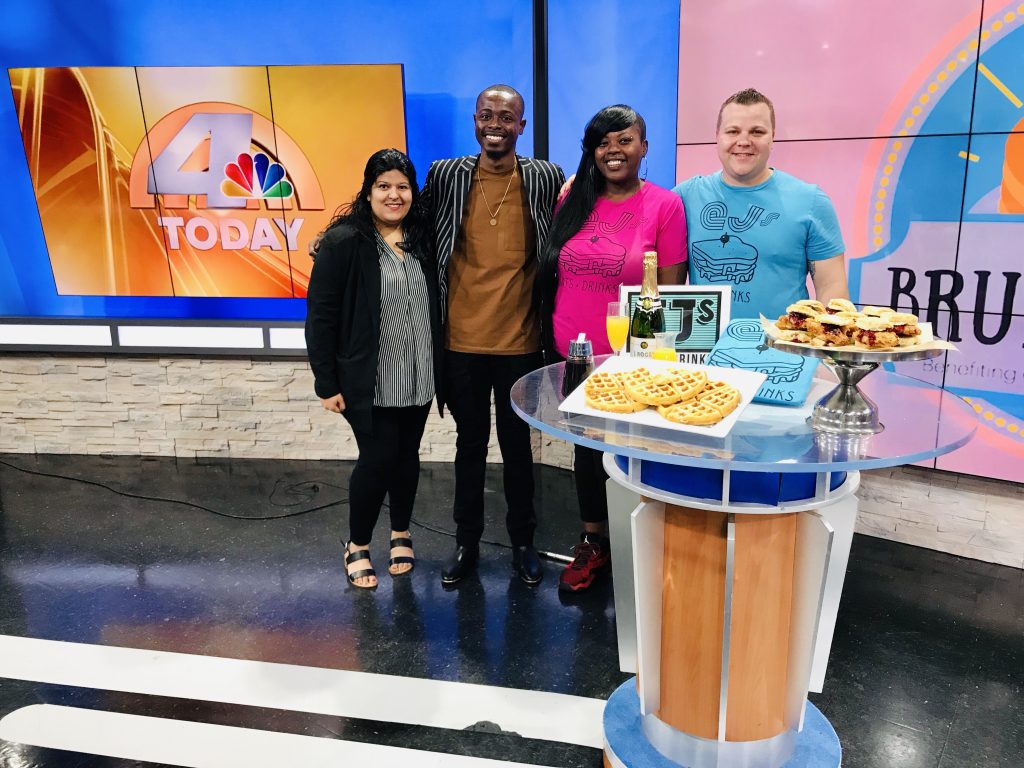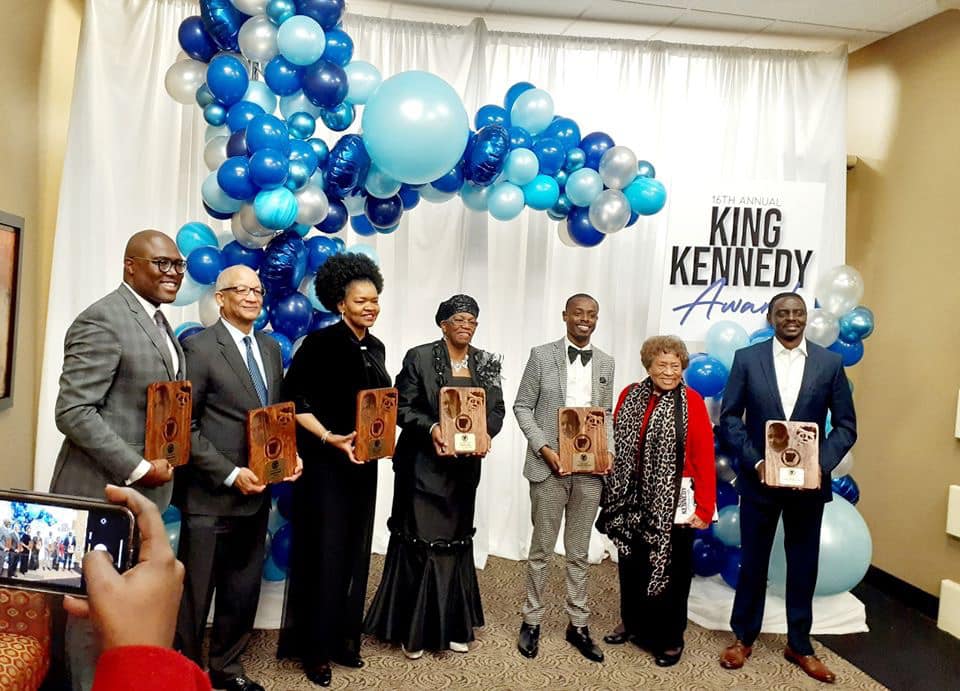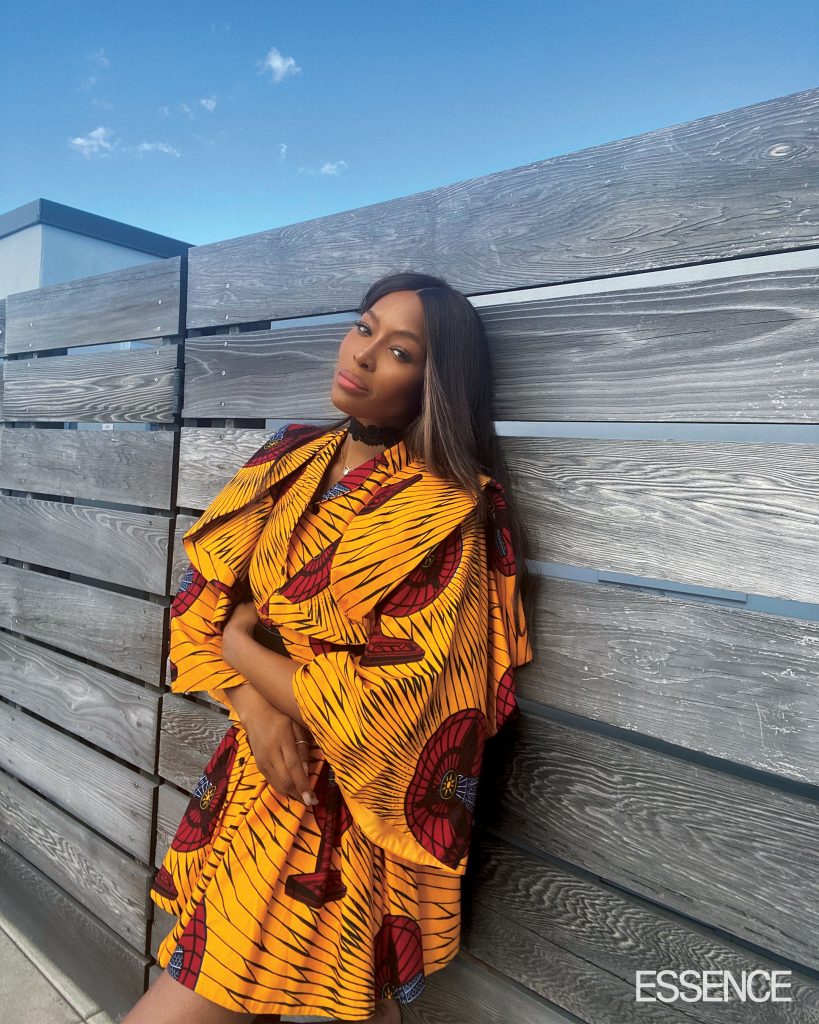The National Collegiate Athletic Association’s (NCAA) highest governing body announced last week that it is moving toward allowing student-athletes to receive compensation for endorsements and promotions.
The NCAA’s Board of Governors says it now supports lifting longstanding restrictions on student-athletes that ban them from getting compensation for third-party endorsements both related to and separate from athletics. The new guidelines pave the way for college student-athletes around the country to earn compensation without affecting their scholarship eligibility.
The board is also giving its consent for other student-athlete compensation opportunities, such as social media promotions, businesses ventures they have launched and personal appearances. But colleges and universities still cannot give student-athletes paychecks.
“Throughout our efforts to enhance support for college athletes, the NCAA has relied upon considerable feedback from, and the enNCgagement of, our members, including numerous student-athletes, from all three divisions,” said Michael V. Drake, chair of the Board of Governors and president of Ohio State University.
California state Sen. Steven Bradford (D-Gardena), who is African American, co-authored and introduced legislation last year that will give student-athletes in California the green light to earn money for endorsements and more while retaining their NCAA eligibility. Gov. Newsom signed the bill, Senate Bill 206 (SB 206), into law last fall. The first legislation of its kind in the United States, SB 206 will go into effect in January 2023.
“I commend the NCAA governing board for their decision to allow college athletes the opportunity to monetize their name, image and likeness through sponsorships and endorsements,” Bradford said. “This is an issue that has been long debated, and its time has come.”
Bradford and Sen. Nancy Skinner (D-Berkeley) co-authored SB 206, the Fair Pay to Play Act. Supporters of the policy say the California student-athlete law was the catalyst that put pressure on the NCAA.
In a conversation with California Black Media, Bradford expressed some lingering concerns about how the country’s premier college sports institution will roll out its plan by the 2021-2022 school year.
Bradford said, while he likes some changes the NCAA plans to implement, there are others he doesn’t care for, point out that a few key changes come with a litany of restraints.
“I’m not fond of the fact they are going to try to limit how much a student
can make per year. I think that should be dictated by the market and not by the university,” he said.
In addition, Bradford says he has an issue with a proposal that would allow the NCAA to ask the U.S. Congress to side with colleges and universities in a decision that would reclassify student athletes as school employees.
“The NCAA adding the Congress equation to the issue, Drake countered, is to
build a legal and legislative landscape that would not undermine college sports and to meet the needs of college athletes as they pursue a higher-education degree.
“We must continue to engage with Congress in order to secure the appropriate legal and legislative framework to modernize our rules around name, image and likeness,” Drake said. “We will do so in a way that underscores the Association’s mission to oversee and protect college athletics and college athletes.”
The changes also prevent student-athletes from using schools’ team uniforms or logos for personal endorsements. These specific changes do not satisfy the student-athletes’ needs, Bradford said.
Popular college student-athletes say their schools often sell sports merchandise that bears the athletes’ names or likeness. Under the new NCAA rules, universities can still cash in on selling items such as jerseys.
“Some of these things are red flags to me,” Bradford told CBM.
The NCAA is also setting up rules to ensure that sports agents and other representatives do not influence high school prospects to choose a school because it offers them prime benefits.
But the athletes can hire sports agents and attorneys.
“To be able to hire an agent or lawyer apart from the universities are good guidelines because we don’t want any conflicts between what might be university involvement and enticing an athlete to attend,” Bradford said.
Since California laid the groundwork for other states to draft legislation similar to SB 206, New York, Illinois, Florida, and up to 10 other states have introduced their versions of “Fair Pay For Play” laws.
Bradford and other supporters of California’s law and the NCAA’s new policy say African Americans college athletes sports have been getting raw deals while universities, coaches, and the NCAA itself walk away with fat pockets.
The NCAA, a nonprofit institution, sets the rules for three collegiate sports divisions (Divisions I, II and III) and rakes in $1billion annually in revenues. Most of the money comes from lucrative television contracts with football and basketball coverage leading the way.
After Gov. Newsom inked SB206, he said the compensation problem in college athletics is connected to “social justice.” Bradford agrees, calling it a “civil rights issue.”
“Without a doubt,” Bradford said when he was asked if he still stood by his civil rights statement. “A majority of these athletes are people of color. And regardless of race, how do you discriminate against athletes versus any other students? If you’re a computer science major, on full scholarship, and develop an app, you can monetize it. But if you’re a college athlete you can’t monetize your name, image or likeness?”
The Board of Governors are sending the recommendations to all three divisions. They should adopt the guidelines in January 2021. The rules will go into effect in the fall of the next year.
Since California’s SB206 is less than three years away from becoming law, legislators in Sacramento are watching carefully how the NCAA will set the guidelines in motion.
“As they say, the ‘devil is in the details,’” Bradford said. “As they are adding parts, Skinner and myself are going to closely monitor what the NCAA finally comes up with and what they approve. We are going to be watchdogs.”
 Westside Story Newspaper – Online The News of The Empire – Sharing the Quest for Excellence
Westside Story Newspaper – Online The News of The Empire – Sharing the Quest for Excellence


